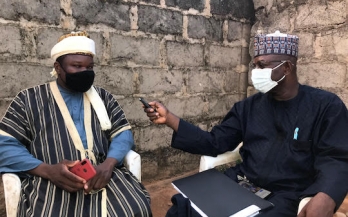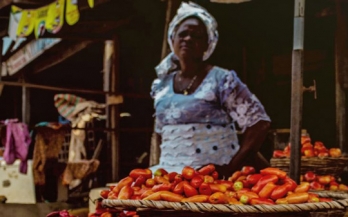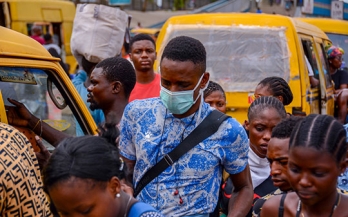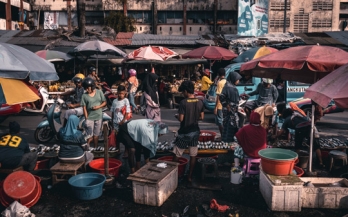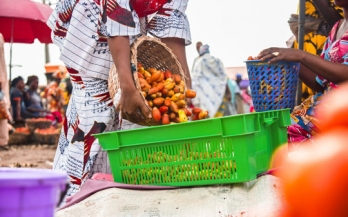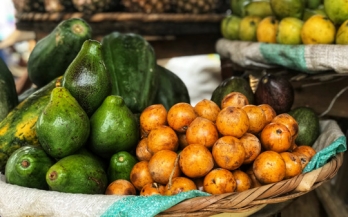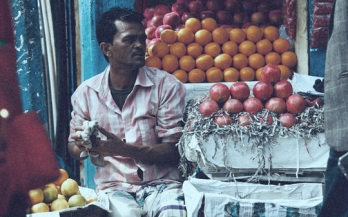EatSafe conducted a Story Sourcing activity, or the semi-formal process that uses journalistic techniques to gather stories directly from the audience of interest, to gather stories from traditional food market vendors in Birnin Kebbi, Nigeria.
GAIN and partners, including the Scaling Up Nutrition (SUN) Business Network (co-convened by the World Food Programme (WFP)), undertook a survey of food system SMEs in Nigeria in October/November 2020, aiming to assess the impacts of the COVID-19 pandemic and associated control measures on their businesses and their support needs.
The coronavirus (COVID-19) pandemic is disrupting the world as we know it, with a heavy toll on human lives and economic activities. Its rapid global spread is threatening to affect millions of people already made vulnerable by food insecurity, malnutrition and the effects of conflict and other disasters.
This Situation Report—the fifth in a series—finds that COVID-19-related control measures continue to have an impact on food systems in 10 countries where GAIN works: Bangladesh, Ethiopia, India, Indonesia, Kenya, Mozambique, Nigeria, Pakistan, Rwanda and Tanzania.
This document is an Addendum to the Global Options Paper, Weathering the Pandemic to Build Back Better: Options for Supporting SMEs in Low- and Middle-Income Countries. The Global Options Paper is a rapid review and analysis of the challenges facing agri-food SMEs.
Reduction of post-harvest loss could have a major positive impact on increasing the affordability and accessibility of nutrient-dense fresh fruits and vegetables, particularly in low- and middle-income countries. While technologies to do so exist, their financial viability for the firms that would need to adopt them has not always been clear.
The COVID-19 pandemic is a multiplier of vulnerability, compounding threats to food security and nutrition (FSN), while exposing weaknesses in food systems. This report summarises the current situation of Nigerian food systems amidst COVID-19 with a special emphasis on small and medium-sized enterprises (SMEs) and how nutritious foods value chains are changing.
During program startup in Nigeria, EatSafe identified and gauged stakeholders’ interest and influence in food safety. EatSafe then convened a series of events to engage these stakeholders at local and national levels prior to intervention implementation.
EatSafe evaluated the regulatory and policy landscape for food safety in Nigeria at the national and regional levels, which included a stakeholder mapping exercise and resulted in recommendations for strengthening implementation.
The COVID-19 pandemic is a multiplier of vulnerability, compounding threats to food security and nutrition (FSN), while exposing weaknesses in food systems. In response, the Global Alliance for Improved Nutrition (GAIN) developed the Keeping Food Markets Working (KFMW) programme to provide targeted support to help sustain core food systems, workers, and markets during the COVID-19 emergency.
